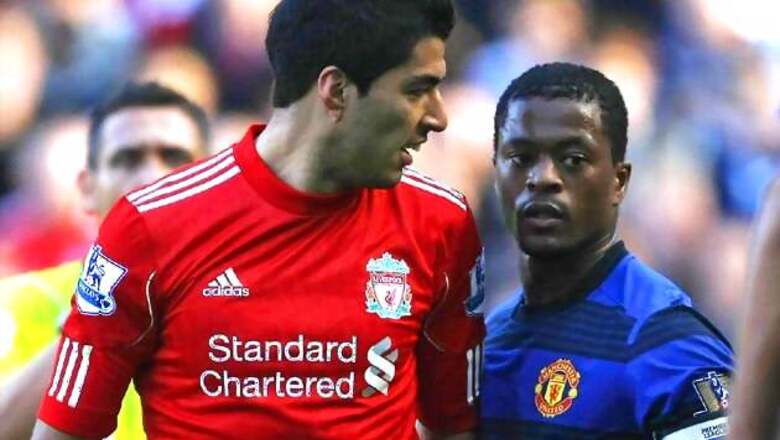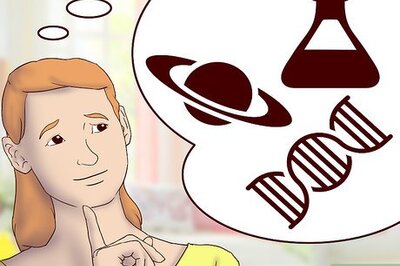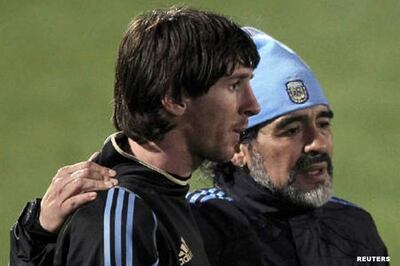
views
London: Liverpool striker Luis Suarez called Manchester United's Patrice Evra "negro" seven times during an on-field confrontation before giving unreliable evidence to a racism hearing that banned him for eight matches, according to the judgment.
Suarez's claim that the racial slur used in the October 15 Premier League match at Anfield was lost in translation was rejected by the English Football Association's independent panel, which on Saturday released a 115-page report into the incident.
"The conduct of Mr. Suarez has damaged the image of English football around the world, given that the conduct occurred during the course of one of the most famous games in English football, watched by a huge number of people around the world," the report said.
Liverpool have until January 13 to decide whether to appeal against the Uruguay forward's eight-match ban and 40,000-Pound fine, with both on hold since the December 20 verdict pending the outcome of any challenge.
Justifying the severity of the sentence, the commission said that there is likely to be a "corrosive effect on young football fans" if players are seen to racially abuse opponents.
"It also has a potentially damaging effect on the wider football community and society generally," the judgment added. "Every professional footballer should be able to play competitive football in the knowledge that references to the color of his skin will not be tolerated."
Suarez's defence centered on a claim that the use of the word "negro" in Uruguay and other parts of Latin America is inoffensive in certain situations and used as a "friendly form of address to people seen as black or brown-skinned."
But the panel found that Suarez's argument was "unsustainable," while Evra, a black France defender, was described as a "credible witness."
Suarez was condemned as giving "evidence (that) was unreliable in relation to matters of critical importance" over the incident during the 1-1 draw.
The trouble flared when Evra asked Suarez why he had been kicked.
"Porque tu eres negro," Suarez replied in Spanish, which translates as "because you are black."
When Evra challenged him to repeat the answer and said he would "punch him", Suarez responded in Spanish: "I don't speak to blacks."
After Evra threatened to hit him again, Suarez replied with a phrase that the report said translates as "OK, blackie, blackie, blackie".
The FA called in linguistic experts to assess Suarez's defence. They determined that his language on the pitch "would be considered racially offensive" anywhere.
"Mr. Suarez said that he pinched Mr. Evra's skin in an attempt to defuse the situation. He also said that his use of the word 'negro' to address Mr. Evra was conciliatory and friendly. We rejected that evidence," the report said. "To describe his own behavior in that way was unsustainable and simply incredible given that the players were engaged in an acrimonious argument."
"That this was put forward by Mr. Suarez was surprising and seriously undermined the reliability of his evidence on other matters."
The report says Suarez failed to offer a "satisfactory explanation" for inconsistencies in his evidence from the initial statements to those made during the hearing.
Suarez has consistently denied being racist since the incident and the FA and Evra accept that. But the report concludes by saying that Suarez pledged he would "not use the word 'negro' on a football pitch in England in the future."
If he did continue to be racially abusive, the FA warned Suarez that there would be "consideration of a permanent suspension."
Liverpool had previously questioned Evra's reliability as a witness while continuously backing Suarez. The whole squad wore T-shirts with Suarez's face before a match at Wigan after the verdict.
"The club can confirm that they received the written reasons from the Regulatory Commission at short notice last night on the evening of the game against Newcastle United," Liverpool said Saturday in a statement. "The player, the club and our legal advisers will now take the necessary amount of time to read, digest and properly consider the contents of the 115-page judgment."


















Comments
0 comment